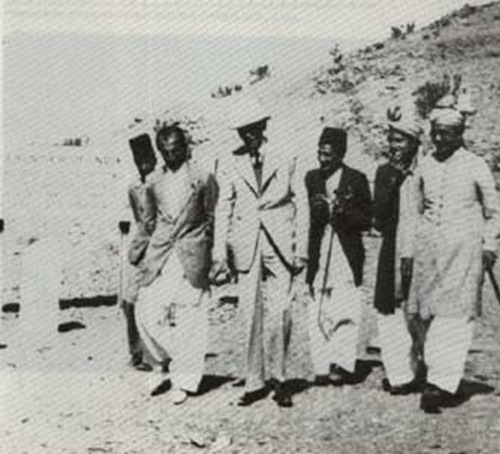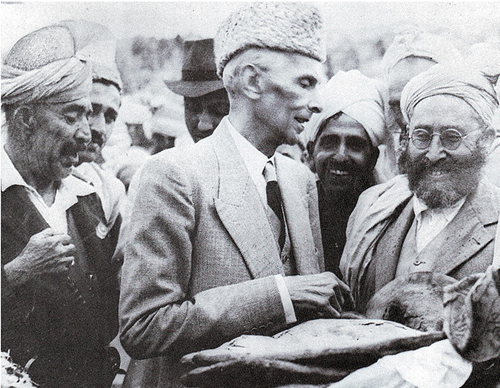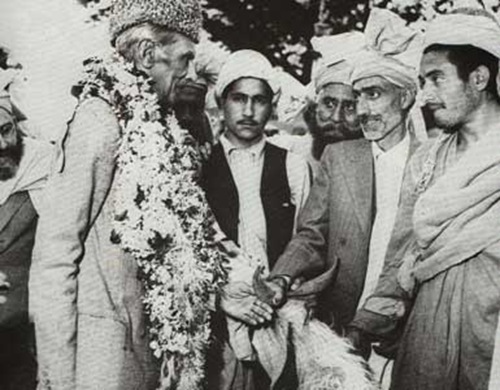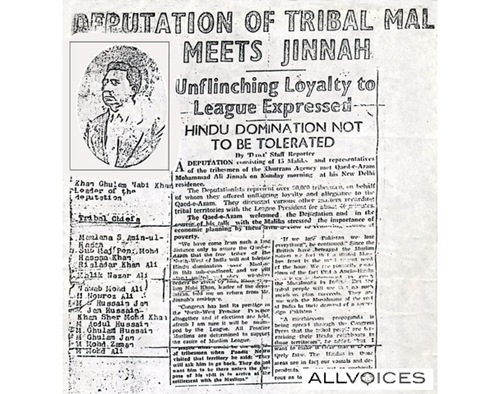 Sixty-five years after
the death of its founding father, Pakistanis are still searching for
Mohammed Ali Jinnah's vision for the country - and a missing historical
speech.
Sixty-five years after
the death of its founding father, Pakistanis are still searching for
Mohammed Ali Jinnah's vision for the country - and a missing historical
speech.Others have disagreed, arguing the founding father wanted a Muslim-majority but secular and progressive country.
The debate over the two competing and contradictory visions has intensified in recent years as the country reels from growing Islamic extremism and Taliban militancy.
At the heart of this debate are some public addresses of Mr Jinnah given around the time of the partition of India in 1947.
Transcripts of those addresses have been available in Pakistan.
The archives of state-owned broadcaster, Radio Pakistan, also contain cranky old audio recordings of most of those speeches, except for one: his address to the Constituent Assembly in the port city of Karachi on 11 August 1947, three days before the creation of Pakistan.
For liberals in Pakistan, it was a crucial speech in which Mr Jinnah spoke in the clearest possible terms of his dream that the country he was creating would be tolerant, inclusive and secular.
"You are free. You are free to go to your temples, you are free to go to your mosques or to any other place of worship in this state of Pakistan," Jinnah declared. "You may belong to any religion or caste or creed - that has nothing to do with the business of the state."
Documented evidence suggest that Mr Jinnah's words didn't go down well with the powerful and ambitious religious ideologues around him at the time, who then made sure the speech was virtually blacked out in the next day's newspapers.














